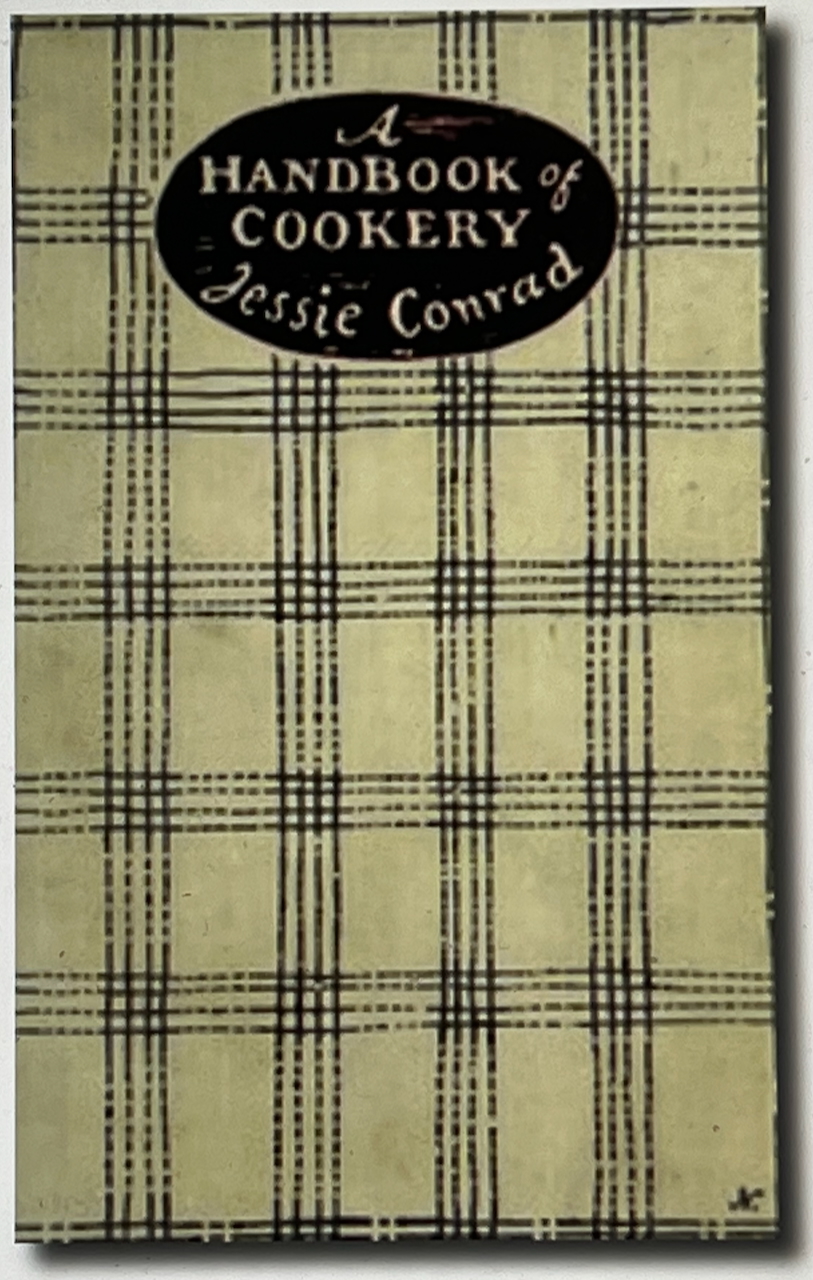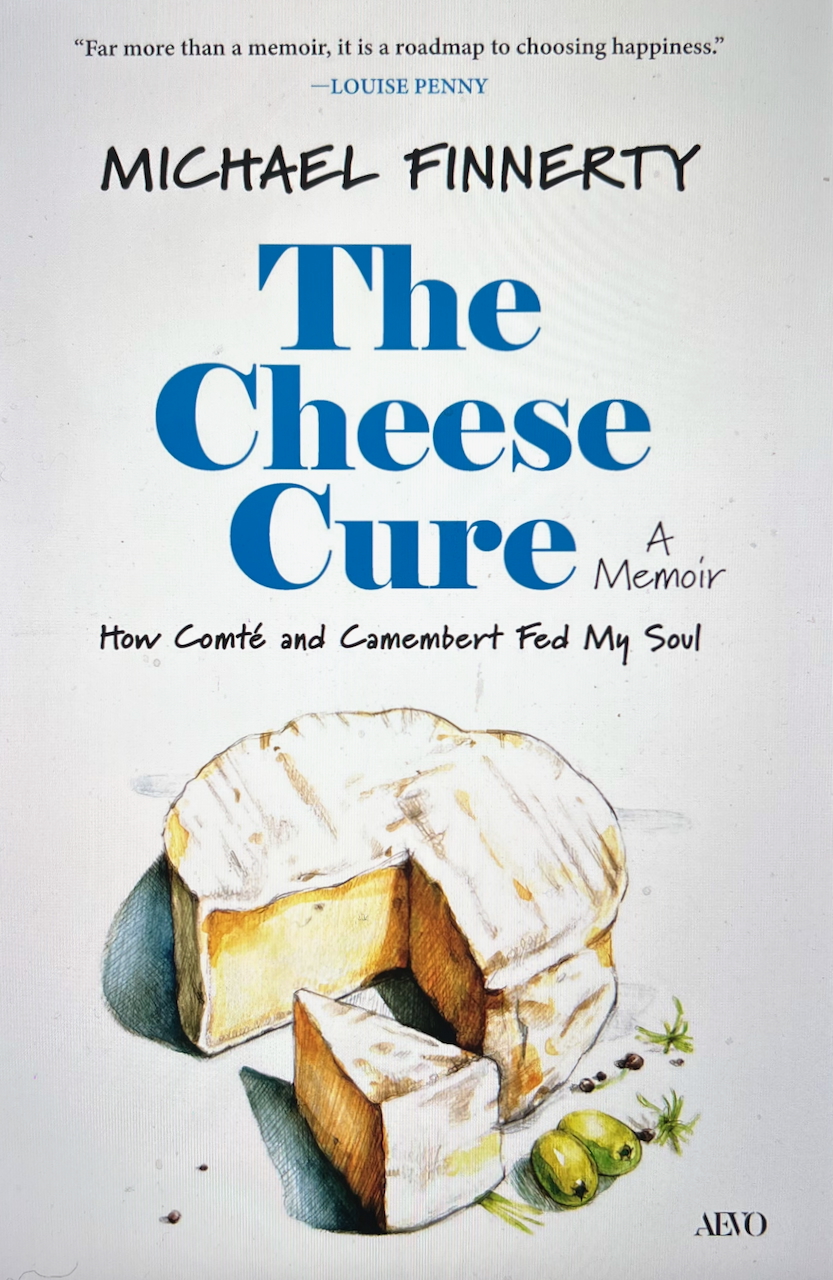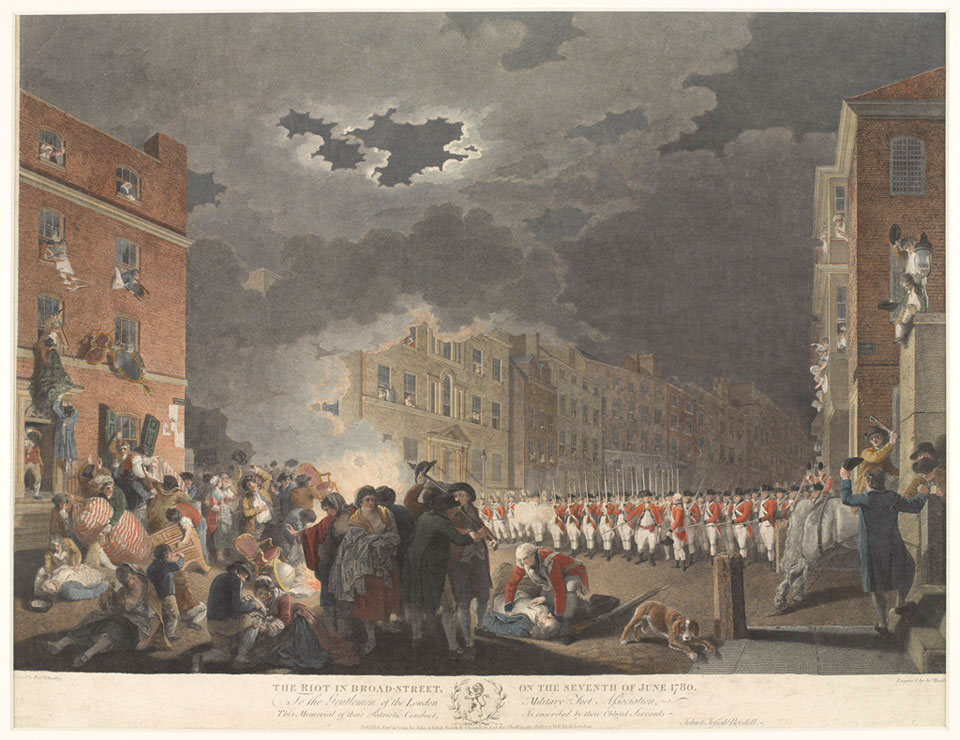Last Notes on Unfunny Humor
September 17, 2018
Groucho Marx visited the wreckage of the Führerbunker, in East Berlin, in 1958 with his young daughter. The remains of the structure were broken and jagged but still 20-feet tall, as if the war was just over. Groucho climbed up and began to do “a frenetic Charleston, for at least a minute or two, in a gesture of defiance,” a woman who was there said. I would suspect something more than defiance—rage, grief, a sense of vengeance impotent to bring justice—but who can know his mind in that moment? Groucho always used dance for both idiotic celebration and mockery. Try doing the Charleston for the next two minutes and see how long that is. What kind of joke is this? And if it is not a joke, what do we call it?
The Last Laugh is a 2016 documentary by director-writer Ferne Pearlstein that probes jokes about the Holocaust. It juxtaposes the tragic experience of Auschwitz survivor Renee Firestone with the views of comedians such as Mel Brooks and Sarah Silverman, director-writers Larry Charles and Rob Reiner, Israeli writer Etgar Keret, and others. The film raises interesting questions, none of them new, about who gets to tell jokes, on what topics, when, and to what effect.
“There’s tons of Nazi jokes,” Larry Charles says. “It’s like there’s nothing taboo about making Nazi jokes. Bugs Bunny was making fun of Nazis. The Three Stooges were making fun of Nazis. The Marx Brothers were making fun of Nazis, and this is duringWorld War II.”
Lisa Lampanellie, a standup, says, “Making fun of bad people—easy. Making fun of good people, or tragedy—that’s what’s hard. So making a ‘Holocaust joke’ about the act of the Holocaust in general and the event is really difficult.”
The film frames the difficulty in terms of individual experience and memory. Ms. Firestone is shown riding in a gondola in Las Vegas with Elly Gold, another Auschwitz survivor, who says she cannot enjoy even the singing gondolier.
“But you know, you survived,” Ms. Firestone says. “You’re alive. How can you not have pleasure out of the fact that you survived?”
“Always I remember the children screaming, the selection,” Ms. Gold says. “You know, that is, like, in our shadow. You cannot forget and you cannot enjoy….”
“No no no, you cannot live in the shadow of those cries,” Firestone gently chides. “You have to remember it, but you cannot live in those shadows.
“I don’t live in the shadow,” Gold says, “but the shadow is following me all of my life.”
Firestone does not agree, and when she visits the grave of her husband, who was also a Holocaust survivor, she says in voiceover, “You can’t die while you are alive”—she allows herself a little laugh—“and think of the dark side of life all the time. You just can’t.” It says something about experience, time, and humor that she adds, “Whenever I remember I cry, and whenever I don’t remember, I laugh or smile.” Elsewhere she is shown disapproving of professional comedians making jokes about Holocaust topics.
The film is, in part, a collection of justifications for the comedic urge. Jeff Ross, a standup and actor, brings up Mel Brooks’ idea of “revenge through ridicule.” “By making jokes,” Ross says, “it’s the Jewish way of [exhales, pauses] getting through it.”
“Humor is the weapon of the weak,” Etgar Keret says. “Think about the things that we make jokes about. We make jokes about our bosses. We make jokes about death.”
Mel Brooks suggests a different use for what we often refer to as humor, but which does not strike everyone as funny, near the end of the film. “Comics are the conscience of the people, and they are allowed a wide berth of activity in every direction. Comics have to tell us who we are, where we are, even if it’s in bad taste.”
This post follows three others that I wrote on “unfunny brilliance in standup comedy.” It is no coincidence that the best comedic work being done now is by those marginalized for who they are, and that in the stories they tell the differences between comedy and tragedy blur.
In George Steiner’s novel The Portage to San Cristobal of A.H., an Israeli team extracts an ancient, living Hitler from the Brazilian rainforest. The portage takes a long time, enough that the team begin to hotly debate among themselves what should be done with their captive. (If you saw Operation Finale recently, in which Ben Kingsley plays Adolf Eichmann, you’ll recognize the plot.) What can be done to a mastermind of evil in order to serve justice? What could justice possibly mean to all the individual sufferings? Should he be put on trial in Israel, for shaming by the world community? Should the team summarily execute him in the jungle, so he never has a chance to speak, lie, and justify himself?
One character in the book imagines chaining him atop a mountain of barrels of gunpowder, with a trail of barrels going off into the distance, one for each of the millions of victims of his fascist crimes. Someone would be chosen to light the farthest point, and Hitler would have to sit there, watching the explosions advance, dreading his own violent death. It would take a long time, and one can easily picture his face. It is not typical physical comedy, but it is a kind of an unfunny joke, Hitler being the one to dance, for a few moments, for a change.







